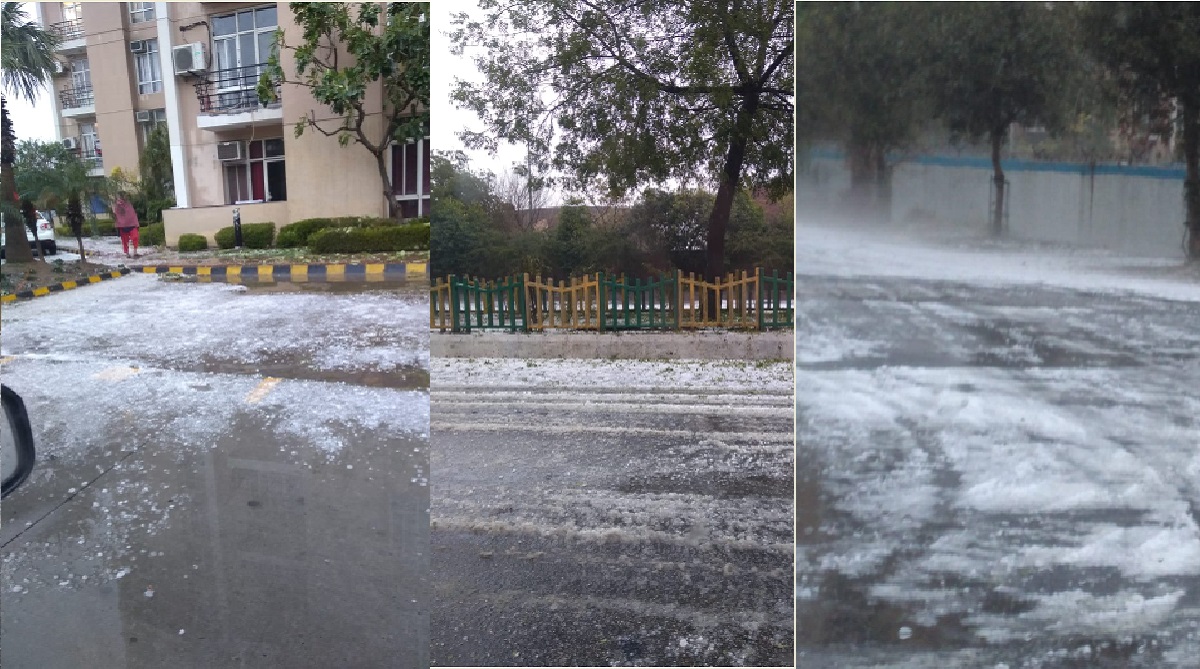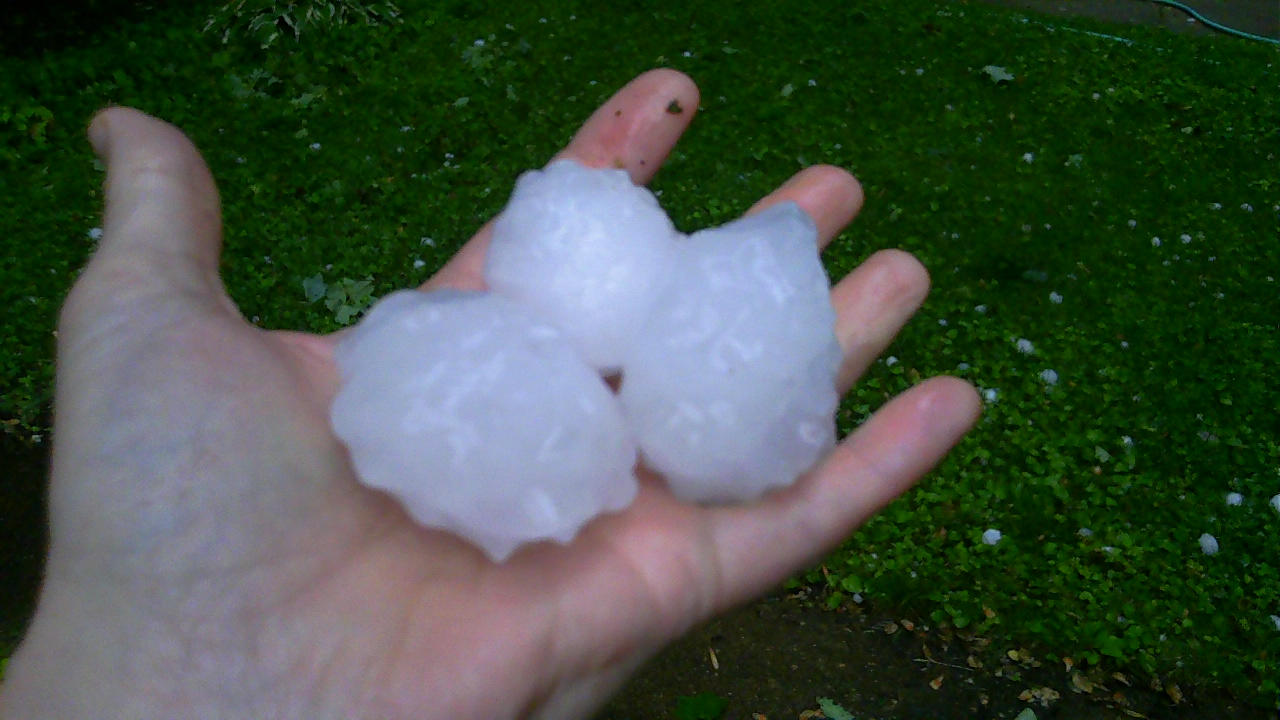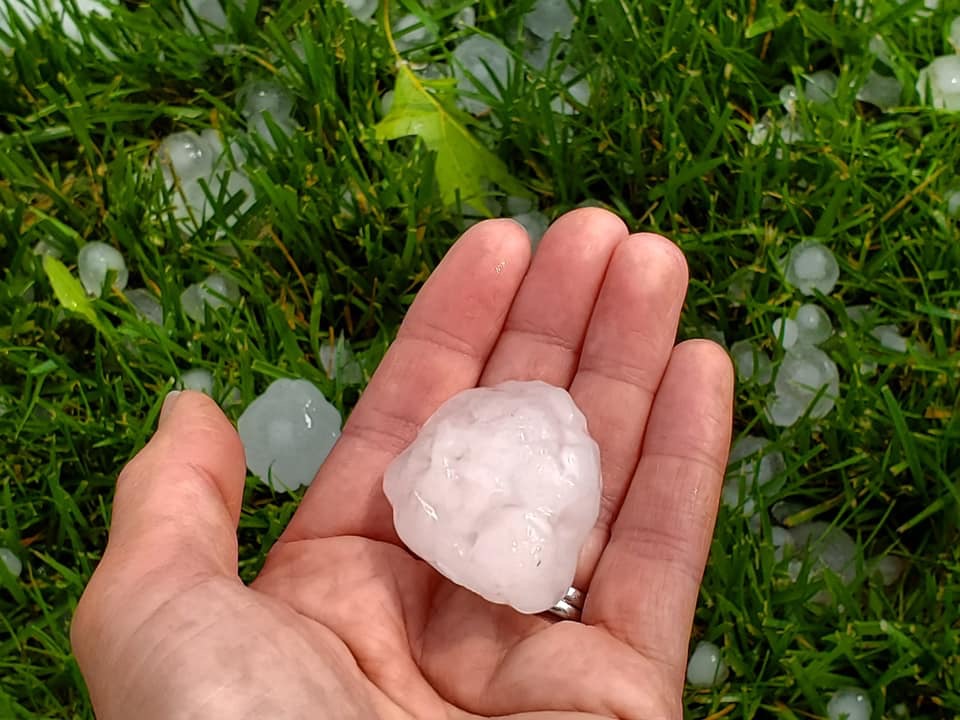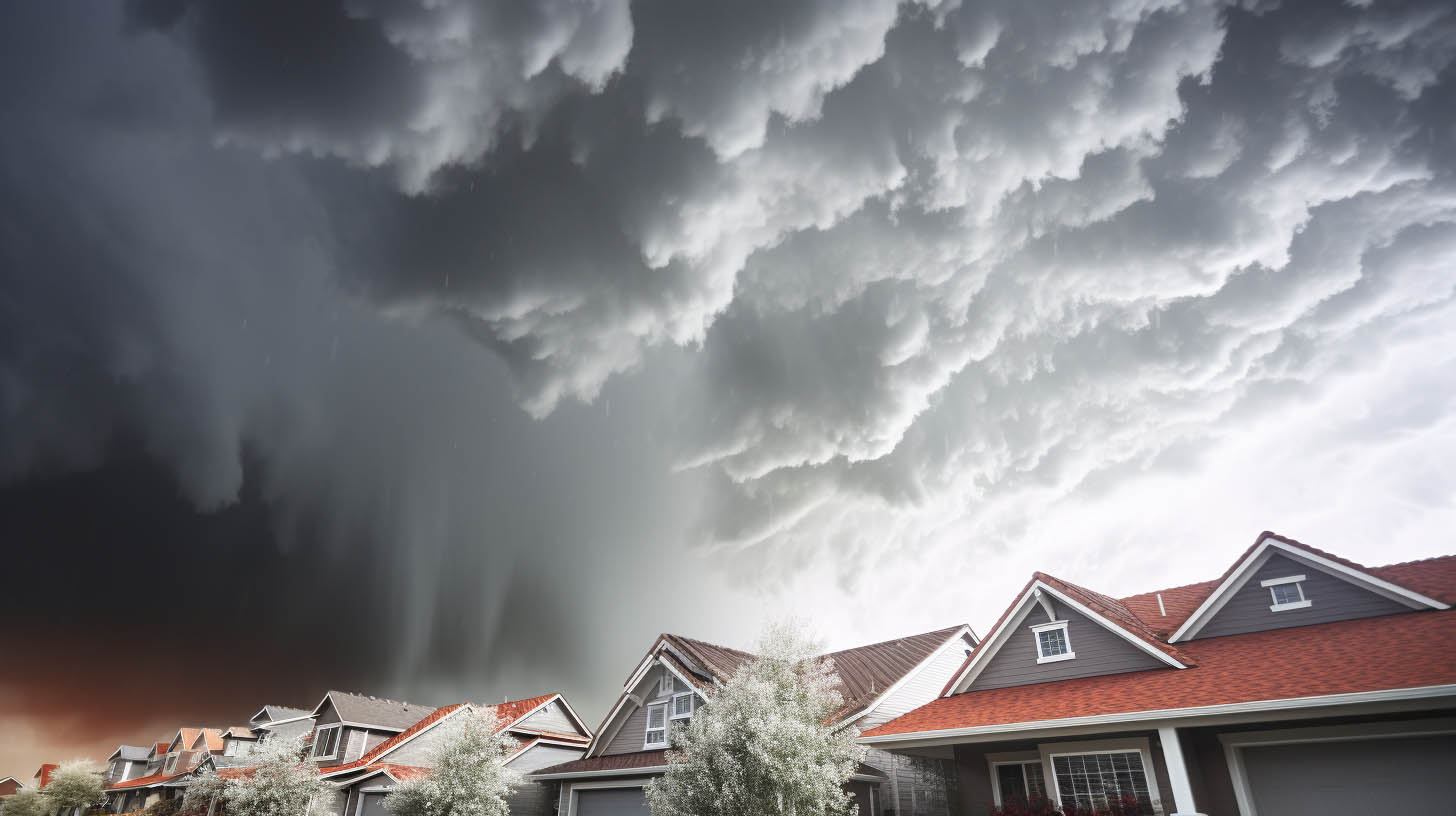Table of Contents
- PPT - Precipitation PowerPoint Presentation, free download - ID:2778625
- Precipitation Cascade rain hail snow condensation photographs ...
- The Impact of Hail on Your Roof - The Roofing Center
- Delhi, NCR lashed by heavy rains, hailstorm; check out photos and videos
- Hail: how to protect your car with insurance
- Ecology Over Economy: Got Hail? Freezing Nucleation Weather Patents and ...
- Oh, hail. - Dangerous Intersection
- PPT - Precipitation PowerPoint Presentation, free download - ID:2801603
- What the Hail?!
- Sensitivity of Hail Precipitation to Ensembles of Uncertainties of ...



Definition and Meaning of Hail


Usage of Hail in Different Contexts




Examples and Idioms
The Cambridge Dictionary provides several examples and idioms that illustrate the usage of "hail" in different contexts. For example: "The storm brought heavy hail and strong winds." (meteorology) "The captain hailed the ship to ask for permission to board." (navigation) "The crowd hailed the new king with cheers and applause." (history) "Hail to the brave firefighters who saved the day!" (exclamation) In conclusion, the word "hail" has a rich meaning and usage in the English language, extending beyond its literal definition as a weather phenomenon. By understanding the various contexts and idioms associated with "hail", language learners and enthusiasts can improve their vocabulary and communication skills. Whether you're interested in meteorology, history, or everyday conversation, the Cambridge Dictionary is an excellent resource to explore the fascinating world of words and meanings.For more information on the English language and its many wonders, visit the Cambridge Dictionary website, which offers a wealth of resources, including definitions, examples, and language learning tools.
Note: This article is optimized for search engines with relevant keywords, meta descriptions, and header tags to improve visibility and readability. The word count is approximately 500 words, making it a comprehensive and informative piece on the topic of "hail" in the English language.